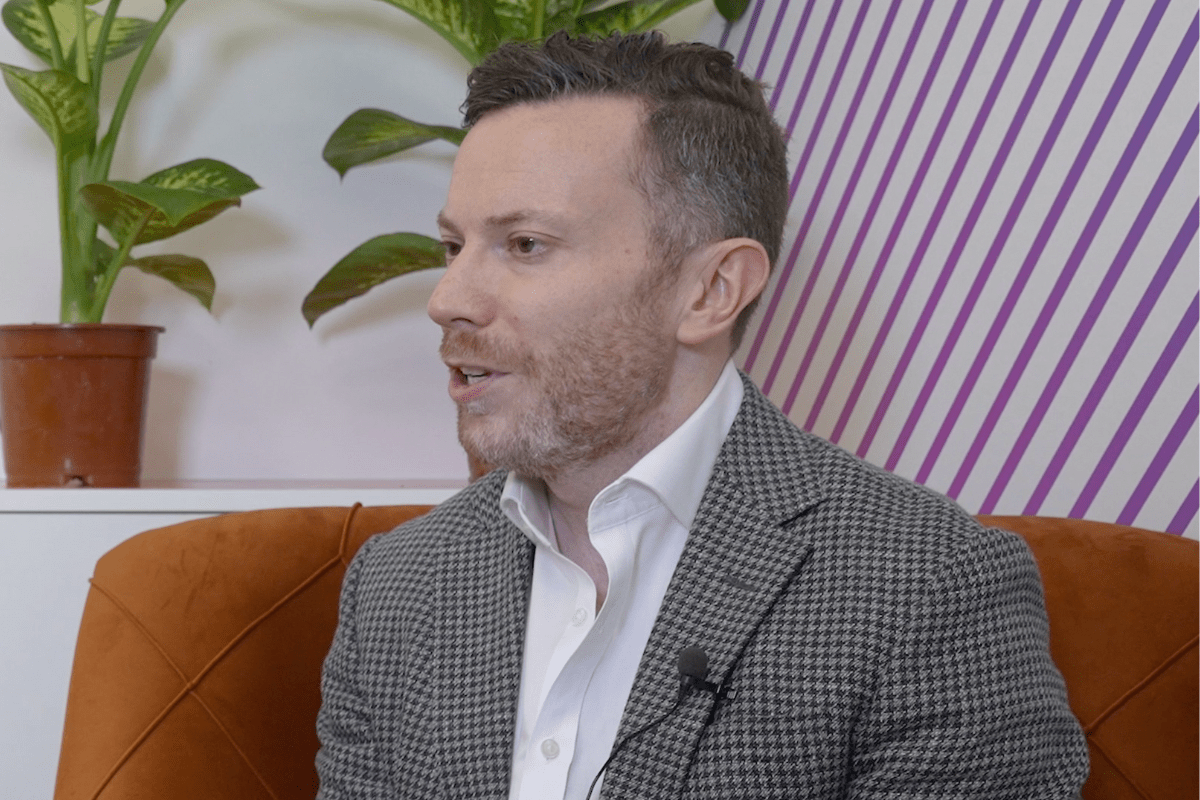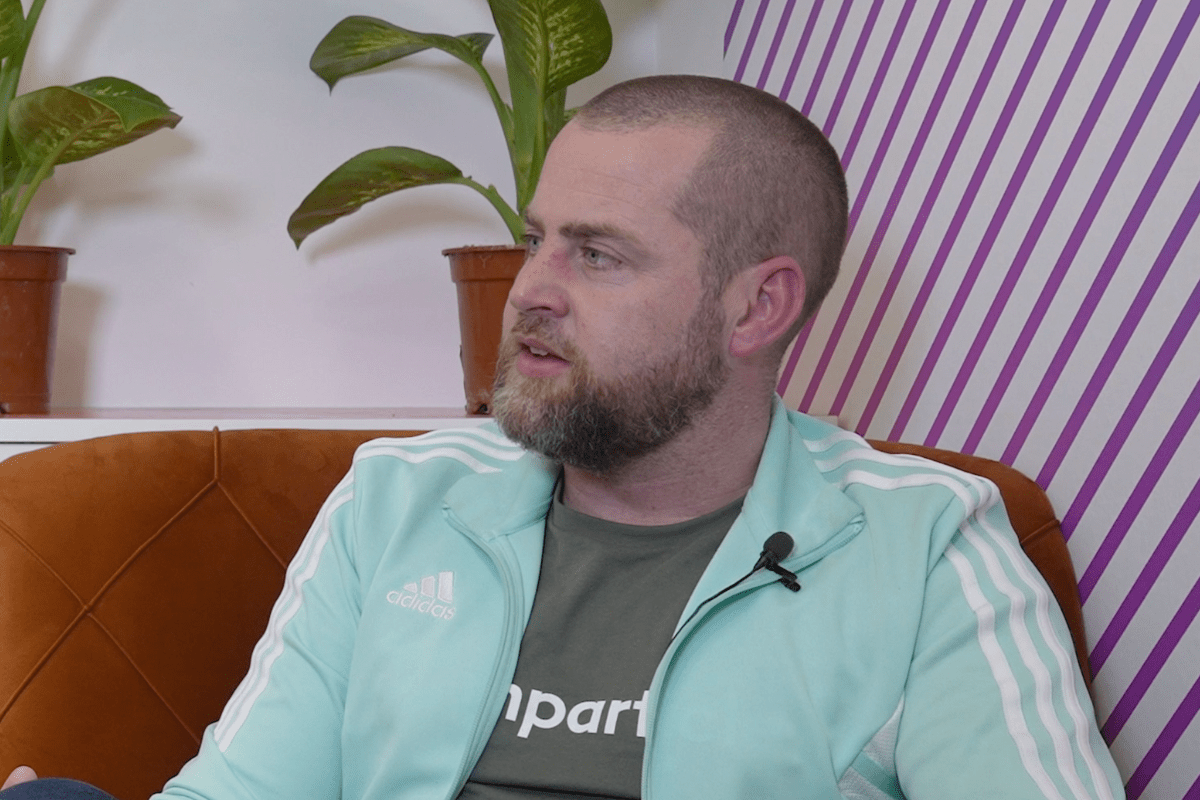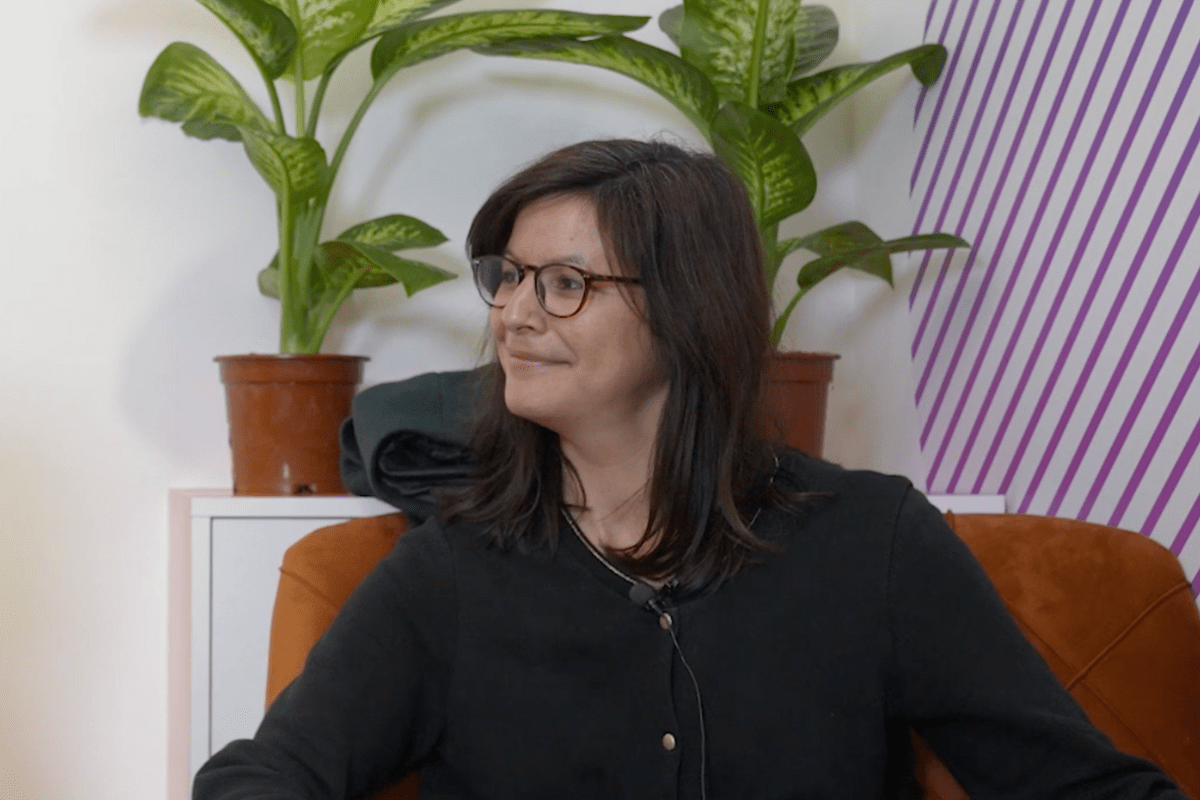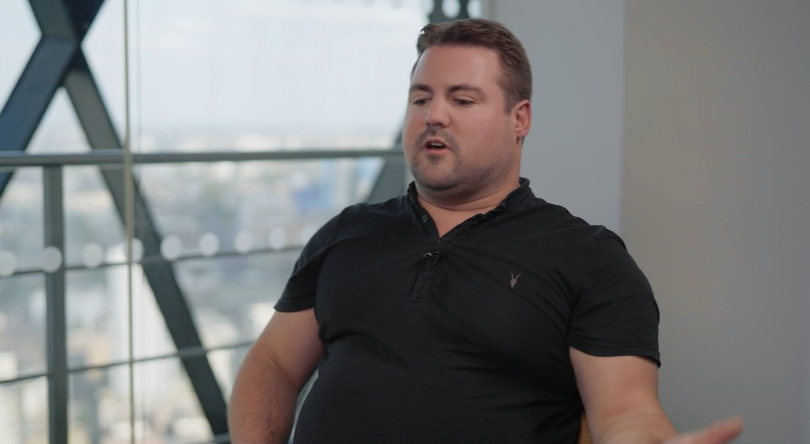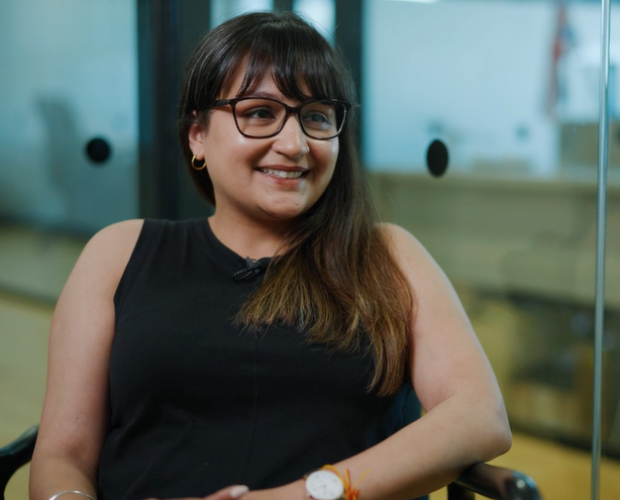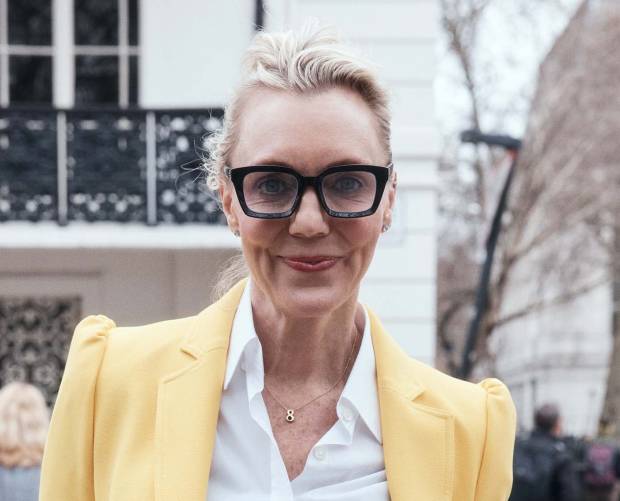Story of an Acquisition: IPG and Mubaloo
- Wednesday, December 7th, 2016
- Share this article:
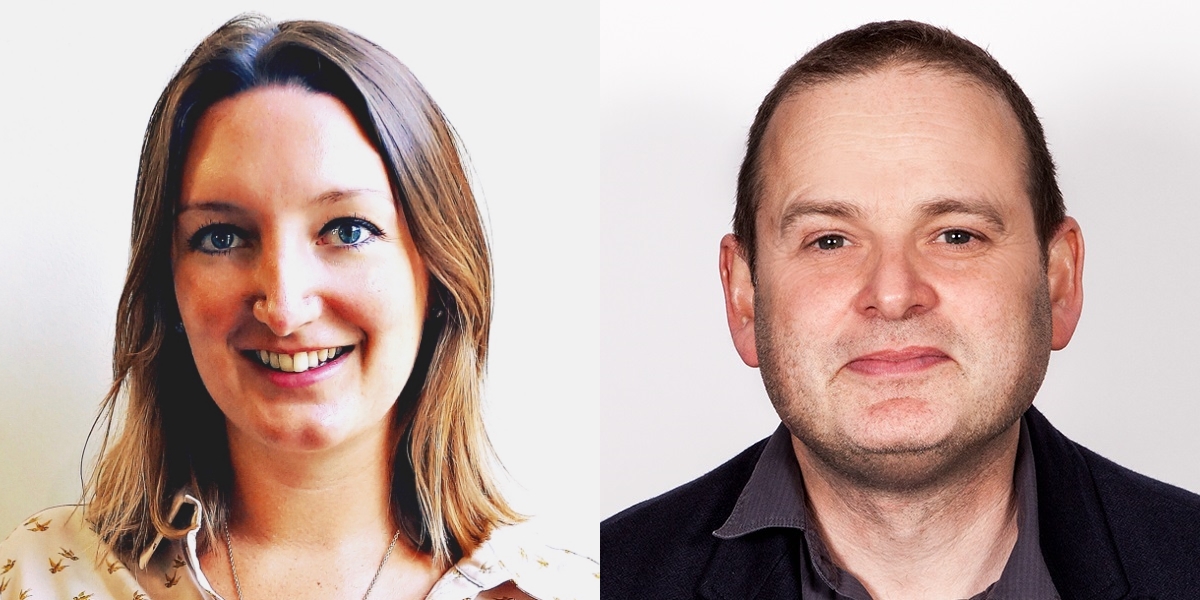
Mubaloo’s Sarah Weller and IPG’s Jason Carter
In January 2016, IPG Mediabrands acquired Mubaloo, best known for developing enterprise apps, for an undisclosed sum. Almost a year on, we caught up with the two companies to find out how their integration companies is progressing.
Media planning has always been at the core of IPG Mediabrands’ business, accounting for 95 per cent of its revenues historically, principally through its UM and Initiative media agencies. But the business has evolved in recent years, with digital specialists now accounting for more than 60 per cent of the company’s headcount. In January 2016, the company made another move to bolster its non-media capabilities with the acquisition of Bristol-based app developer Mubaloo.
IPG already had one mobile brand in the shape of Ansible, but that is principally a media buying agency so in that respect, the acquisition of a company focused more on the delivery of mobile content made perfect sense. So 11 months on, how has the move panned out?
Future-facing strategies
“It’s working well,” says Jason Carter, IPG chief digital officer EMEA. “We knew when we bought them that it was a really good fit. The relationships are really good, which is important. The revenues are also good, but they are only a single figure percentage of our revenues. But when we talk to our clients about future-facing strategies, that’s where the impact is much greater and brings us something different. The only challenge it presents is that they all want what Mubaloo gives us, we can’t give it to other markets quick enough; it adds something different to what we do.”
Perhaps one of the reasons why the two companies are getting on so well is because in some respects, Mubaloo has been left to do what it’s always done. The Mubaloo brand has been retained, and the majority of the Mubaloo team, including all its developers, are still in Bristol, though with the addition of a new CTO, Mark Stewart.
“I wanted to bring in a CTO and Mediabrands enabled us to make that happen,” says Mubaloo MD, Sarah Weller. “He understands the vision and the logic behind the acquisition and has a strategic vision of where we are going with the Internet of Things and all that kind of stuff.”
And while the acquisition has added another string to IPG’s bow, from Mubaloo’s perspective, Weller says it’s opened doors that Mubaloo had been unable to open on its own.
“Previously for us, new business was all about cold relationships, doing events and whitepapers,” she says. “The biggest change in terms of where we find prospects is from the group. We have put a lot more focus into our relationships with Mediabrands, working closely with McCann and Initiative for example, who are pulling us in for the digital strategy parts. It’s giving us access to clients we would not have had a chance of getting in to pitch before.”
That in turn is leading to some interesting projects that are a long way away from Mubaloo’s core enterprise app specialism, such as building a new Alexa ‘skill’ for a US beer brand. Which begs the question, if IPG wanted a company that could deliver excellent consumer-focused apps, why did it buy a company that specialises in building apps for the enterprise?
“Because the skills needed to develop enterprise apps are generally more difficult than those needed for consumer apps,” says Carter.
Overnight change
Carter concedes that it took a while for the two companies to gel. “The Mubaloo people based in London settled more quickly,” he says. “In Bristol, the acquisition happened, and I think they were expecting an overnight change and that didn’t happen. But then the projects started and they could see the change. Their biggest fear was losing the brand. They felt part of the Mubaloo journey and wore it as a badge of pride, so we reassured them we had no intention of dropping the brand. The tech community knows Mubaloo so why kill it?”
11 months on, the biggest challenge is that the IPG agencies don’t take up too much of Mubaloo’s time. “IPG want them on every pitch because what they do is the really interesting stuff,” says Carter. “People are tuning out of ads, so increasingly, marketing is about utility. Creating services and utility for clients is a massive focus for us, and historically, it’s not something we’ve done.”
From Weller’s perspective, things have never been better. “Ask anyone in Mubaloo right now and they will tell you it is the most exciting time,” she says. “There have been changes in people’s roles, but now we are starting to gain traction and everyone can see the opportunities through the new business channels and the investment to give us the best team. Going into next year, we have a lot to feel really confident about in terms of what we can offer to new businesses but also to the IPG agencies. I’ve never been this excited.”





